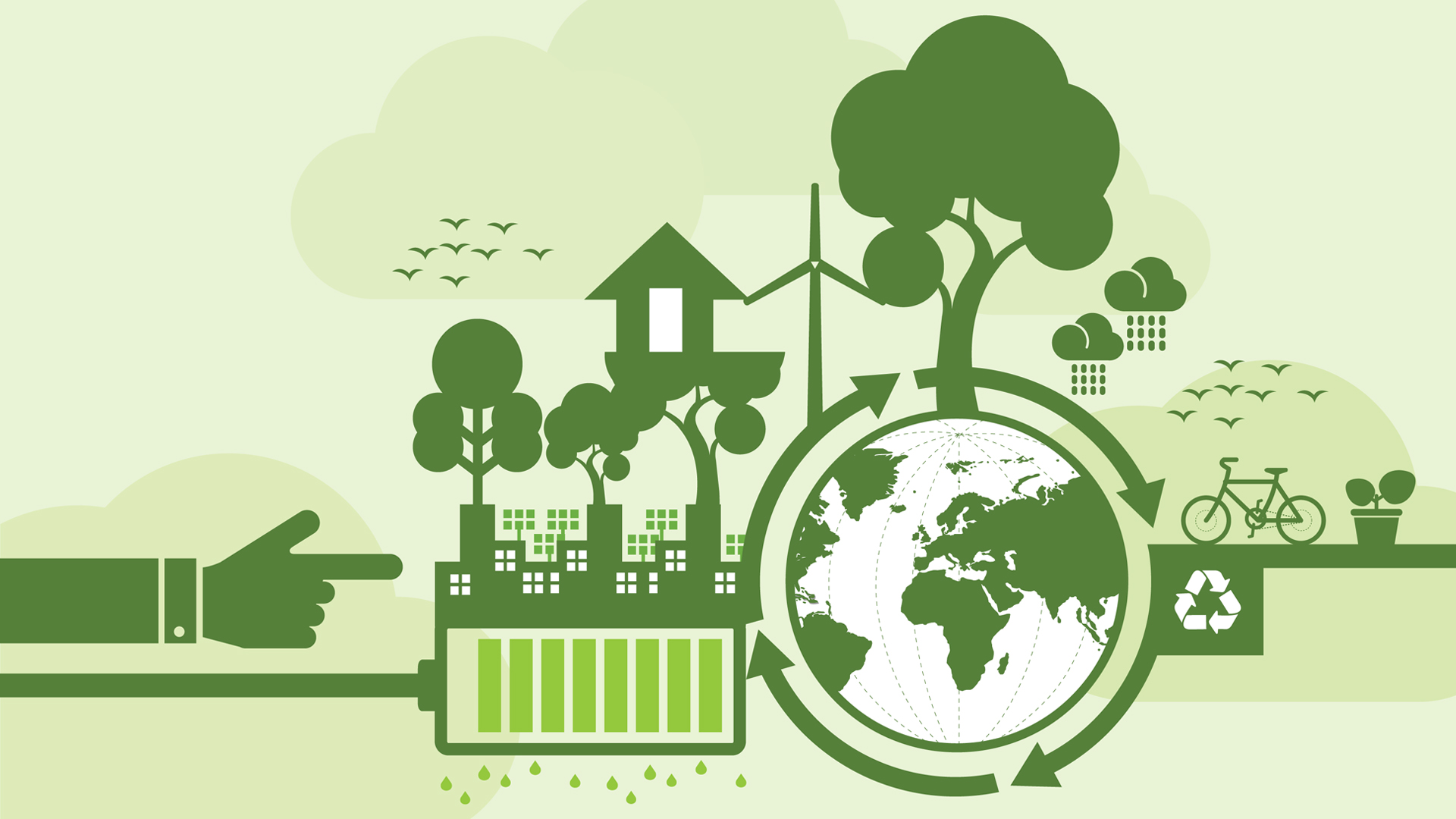By: Liz Do
22 Apr, 2023

In an effort to help combat climate change, CIFAR has announced its plan to go carbon neutral by 2024.
The organization will follow recommendations made by its Climate Change Working Group (CCWG), which finalized its report this past fall. The group recommends that CIFAR track its emissions and purchase carbon offsets starting this fiscal year in order to be deemed carbon neutral by 2024.
“The devastating effects of climate change can be seen in our day-to-day lives and across the globe,” said Stephen Toope, President & CEO, CIFAR. “It is imperative that we implement changes at an organizational level to reduce our environmental impact. It is also important for CIFAR to be a leading voice on climate change, focusing on these issues through our research and the Pan-Canadian AI Strategy programming.”
CIFAR’s CCWG was created in October 2019 to incorporate principles of environmental sustainability into CIFAR’s business model and to recommend actions to reduce the environmental footprint and carbon dioxide emissions of CIFAR operations. Its report includes a comprehensive list of recommendations and policy changes to reduce emissions in three areas: internal operations, meetings and events, as well as travel.
Face-to-face discourse and sharing of ideas is central to CIFAR’s mission of advancing research and knowledge mobilization; however, the associated travel is a large contributor to CIFAR’s carbon footprint. Through the carbon offsetting program, the organization will work to mitigate its carbon load coming from air travel.
“As a Canadian-based global research organization, CIFAR has an opportunity to lead the scientific community’s commitment to mitigating climate change through both the research that we support and in our actions,” says Elissa Strome, Executive Director, Pan-Canadian AI Strategy and executive lead of the CCWG. “While there is much work to be done, these recommendations represent an important starting point.”
CIFAR is a registered charitable organization supported by the governments of Canada and Quebec, as well as foundations, individuals, corporations and Canadian and international partner organizations.